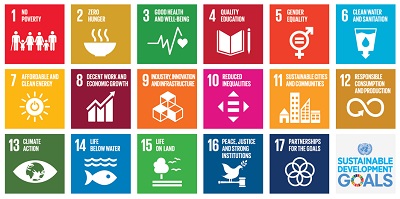
Truck drivers gets attention
 Following the success of a similar project run by South African based company, Corridor Empowerment Project (CEP), the Walvis Baby Corridor Group (WBCG) has acquired its own Mobile Wellness Clinic, which will ensure that employees within the transport sector are informed of their wellness and HIV status, and where necessary, advised to seek further medical attention
Following the success of a similar project run by South African based company, Corridor Empowerment Project (CEP), the Walvis Baby Corridor Group (WBCG) has acquired its own Mobile Wellness Clinic, which will ensure that employees within the transport sector are informed of their wellness and HIV status, and where necessary, advised to seek further medical attention
The facility will provide free and confidential voluntary counselling and testing services for HIV as well as screening for glucose, cholesterol, haemoglobin, syphilis, hepatitis B, blood pressure and body mass index for employees within the transport industry in Namibia.
According to Johny Smith, CEO of WBCG, the initiative forms part of ongoing efforts to obtain an estimate prevalence rate of HIV infection and other chronic conditions within the participating companies and the broader Namibia transport sector.
“One of the objectives is to inform the company on what interventions they ought to invest their resources in based on the wellness screening outcome as well as to receive more appropriate and tailor made support services from relevant stakeholders,” he said.
Smith said the CEP project, although based in South Africa, has demonstrated that its vision of ensuring the well being of transport workers goes beyond the borders of South Africa.
The project (CEP project), which started on 3 October, has reached 704 transport workers out of a possible 753, representing a participation rate of just over 93% compared to a 60% participation rate recorded in 2008 during a similar campaign.
The project primarily covers the deployment of a Mobile Wellness Clinic to various transport companies depots and offices within Namibia, and provide the services to employees while observing minimal operational disruptions at the workplace.
WBCG has been developing wellness projects with emphasis on HIV awareness and prevention for key affected mobile population since 2005.











































